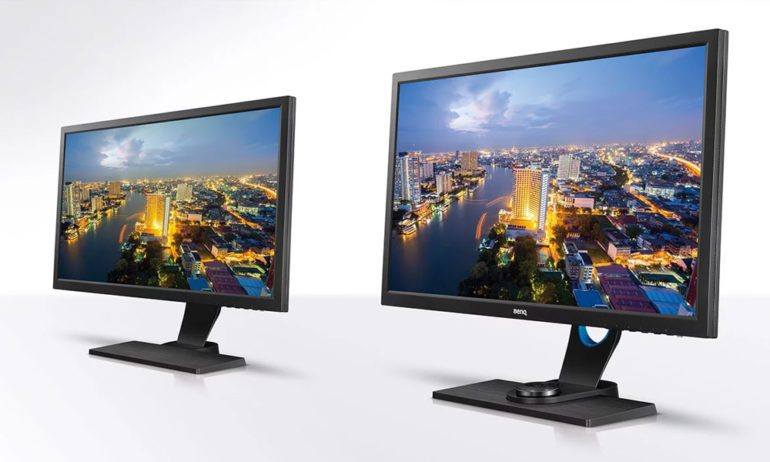If you’re planning to buy a new display for your computer, you might be wondering whether to go for a TV or a monitor. Both have their pros and cons, and choosing the right one depends on your needs and preferences. In this article, we’ll compare TVs and monitors in terms of features, performance, and price, and help you make an informed decision.
What is the difference between a TV and a Monitor?
When it comes to displays, TVs and monitors have different purposes and designs. A TV is primarily intended for watching television programs and movies, while a monitor is designed for computing tasks such as working on documents, browsing the web, or playing games. Monitors usually have higher resolutions, faster response times, and more accurate colors than TVs, while TVs are generally larger and have more connectivity options.
Features: What features do TVs and monitors offer?
Both TVs and monitors offer a variety of features that can enhance your viewing experience. TVs typically have built-in speakers, remote controls, and smart TV functions that allow you to stream content from the internet. Monitors, on the other hand, offer features such as height adjustment, pivot, and swivel options, as well as VESA mount compatibility, which allows you to mount the monitor on a wall or desk.
Performance: How do TVs and monitors perform?
When it comes to performance, there are several factors to consider. Monitors usually have higher refresh rates and lower response times, which means they can display fast-moving images more smoothly than TVs. However, some high-end TVs can also offer similar performance, especially if they have features such as variable refresh rate (VRR) and auto low latency mode (ALLM). Moreover, TVs can offer HDR (high dynamic range) support, which can enhance the color and contrast of the content.
Price: How much do TVs and monitors cost?
When it comes to price, monitors are generally cheaper than TVs, especially if you’re looking for a high-end model with features such as G-Sync or FreeSync. However, if you’re looking for a large display with smart TV functions and 4K resolution, a TV can be a better value.
Can I use a TV as a monitor?
Yes, you can use a TV as a monitor, but it might not offer the same performance and accuracy as a dedicated monitor. Moreover, some TVs might have input lag, which can make the cursor or game controls feel sluggish.
What is the recommended resolution for a monitor?
The recommended resolution for a monitor depends on its size and intended use. For a 24-inch monitor, a resolution of 1920×1080 (also known as 1080p) is sufficient, while for a 27-inch or larger monitor, a resolution of 2560×1440 (also known as 1440p) or 3840×2160 (also known as 4K) is recommended.
Conclusion:
Which One to Choose? In conclusion, choosing between a TV and a monitor depends on your specific needs and budget. If you mainly use your computer for work or gaming and require high performance and accurate colors, a monitor is the way to go. On the other hand, if you want a large display with smart TV functions and 4K resolution for watching movies and TV shows, a TV might be the better choice. Whatever you choose, make sure to do your research and consider the features, performance, and price of each option.
